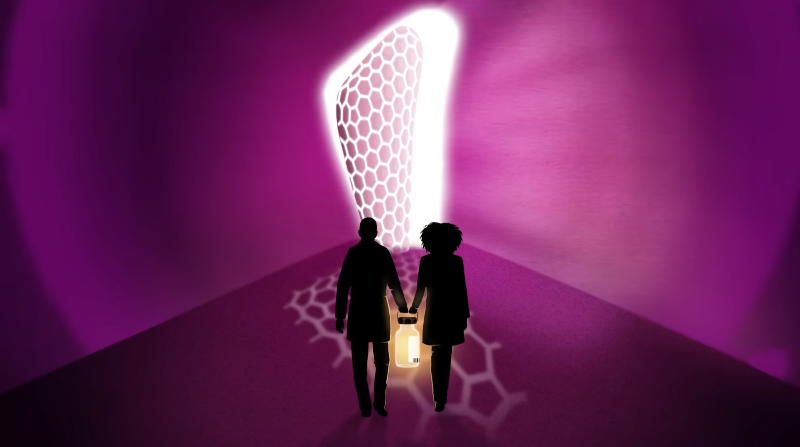The U.S. has been in the grips of a start-of-summer heat wave with millions of Americans scrambling for the nearest shade, swimming pool or air-conditioned building. Short of having any of those at your disposal, the next best thing to take the heat off is a chilled beverage. Most people are aware of the dental perils of sugary soft drinks and fruit juices, but surely sparkling water is perfectly safe for your teeth, right? After all, dentists often recommend water as an alternative to sodas and sports drinks. It might surprise you to learn that it’s not quite so straightforward.
What’s Carbonic Acid?
Soft drinks can be bad for your teeth because they tend to be loaded with sugar or non-sugar sweetener alternatives that feeds harmful oral bacteria, resulting in the creation of enamel-attacking acids. As the protective enamel layer is stripped away, it leaves the teeth exposed to infection and decay. But it’s not just the sugar in soft drinks that threatens tooth health. It’s all the fizz.
Carbonated beverages get their fizz from carbon dioxide, which is converted to carbonic acid in the mouth. This acid has the potential to cause erosion of dental enamel and increase the risk of tooth decay.
One of the warning signs of enamel erosion in increased tooth sensitivity with exposure to hot or cold foods/drinks. Yellowing of the teeth can also signal enamel erosion as the white, shiny enamel gives way to the darker, yellower dentin underneath.
Keeping Things in Perspective
Now before you start panicking and give up Perrier and Pellegrino forever, it’s important to note that even though sparkling waters can alter the acidic balance in the mouth, it pales in comparison to the sort of acidic damage that occurs with the likes of sodas, fruit juices and other sugary or sweetened beverages. That said, if sparkling water is your drink of choice and you’re sipping it throughout the day, it could accelerate tooth wear. Especially if you like the flavored sparkling waters, or enjoy a slice of lemon or lime. The addition of any such flavorings or fruit increases the acidity of the beverage.
Generally speaking, sparkling water is fine for your teeth, as the ADA confirms, referencing a study that evaluated the effect of sparkling water vs. still water on tooth health. The study found that both types of water were more or less the same in their effects on enamel, noting that sparkling water is slightly more acidic. So, all things in moderation – if you don’t overdo it with sparkling water, your teeth should be fine. But, the ADA also pointed out some tips for ensuring it does not turn into a bad habit for your teeth.
Be sure to mix in plenty of fluoridated plain water along with sparkling water to help naturally fight cavities and maintain the healthy pH balance in the mouth.
Be mindful of the fact that all sparkling waters are not created equal. For example, citrus-flavored waters increases the acidity levels of the beverage, increasing the risk for enamel erosion.
Watch out for sparkling “waters” that have sugar in them. Flavored waters with sugar can be as bad as other sugar-laden drinks, so if you enjoy sparkling water, make sure you’re enjoying the real deal.
If you’re interested in learning more, check out our slideshows detailing 7 tooth-attacking dietary red flags and nutrition tips for good oral health.







Post comments